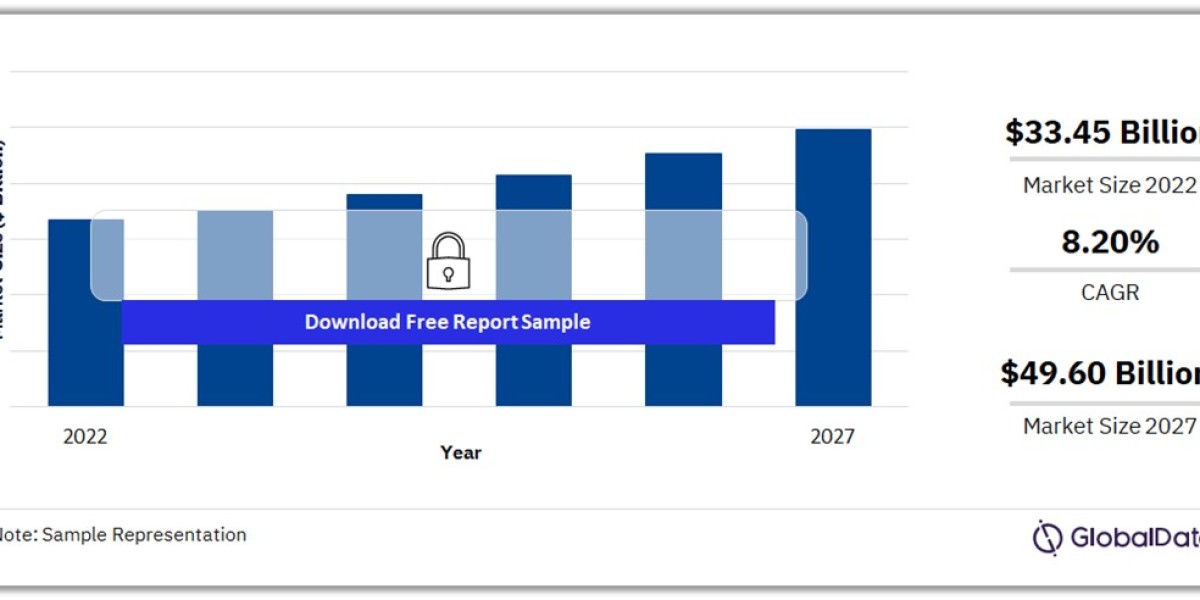The Information and Communications Technology (ICT) sector in South Africa is experiencing rapid growth, driven by increasing digital transformation, government initiatives, and an evolving business landscape. This growth has positioned South Africa as one of the leading ICT markets in Africa, offering numerous opportunities for businesses, investors, and technology enthusiasts. In this article, we will explore the key drivers, challenges, and future prospects of South Africa's ICT market.
1. Overview of South Africa's ICT Market
South Africa's ICT sector is a vital part of the country's economy, contributing significantly to GDP and employment. The market encompasses a wide range of services and products, including telecommunications, software development, hardware manufacturing, and IT services. With a well-established infrastructure and a growing internet penetration rate, South Africa is a hub for innovation and technological advancements in the region.
2. Key Drivers of Growth
a) Government Initiatives and Policies
The South African government has implemented several initiatives to support the growth of the ICT sector. These include the National Development Plan (NDP) and the South African Connect broadband policy, which aim to expand broadband access and improve digital skills across the country. The government's focus on e-governance and digital transformation in public services also contributes to the sector's growth.
b) Increasing Internet Penetration
Internet penetration in South Africa has been steadily increasing, with more than 60% of the population now connected. The rise of mobile internet usage, driven by affordable smartphones and competitive data plans, has played a crucial role in this growth. As more people gain access to the internet, the demand for digital services, e-commerce, and online education is expected to rise, further fueling the ICT market.
c) Business Digital Transformation
South African businesses are increasingly adopting digital technologies to enhance efficiency, improve customer experience, and stay competitive. The adoption of cloud computing, artificial intelligence (AI), big data analytics, and cybersecurity solutions is on the rise, creating opportunities for ICT companies to offer innovative products and services.
d) Growing Start-up Ecosystem
South Africa's start-up ecosystem is vibrant, with many tech start-ups emerging in areas such as fintech, edtech, and healthtech. These start-ups are driving innovation and contributing to the growth of the ICT sector. The presence of incubators, accelerators, and venture capital funding further supports the development of these start-ups.
3. Challenges Facing the ICT Market
a) Digital Divide
Despite the growth in internet penetration, there is still a significant digital divide between urban and rural areas in South Africa. Limited access to high-speed internet in rural regions and low-income communities remains a challenge, hindering the equitable growth of the ICT sector.
b) Skills Shortage
The ICT sector in South Africa faces a shortage of skilled professionals, particularly in areas such as software development, data science, and cybersecurity. This skills gap poses a challenge for companies looking to expand their operations and compete globally.
c) Regulatory Environment
The regulatory environment in South Africa can be complex, with various laws and regulations governing the ICT sector. Navigating these regulations can be challenging for businesses, particularly start-ups and small to medium enterprises (SMEs). Ensuring compliance with data protection laws, such as the Protection of Personal Information Act (POPIA), is also a concern for ICT companies.
4. Future Prospects and Opportunities
a) Expansion of 5G Networks
The rollout of 5G networks in South Africa presents significant opportunities for the ICT sector. 5G technology promises faster internet speeds, lower latency, and the ability to connect more devices, enabling the growth of the Internet of Things (IoT) and smart city initiatives. The expansion of 5G networks is expected to drive demand for new applications and services, creating opportunities for businesses in various sectors.
b) Growth in Cloud Computing and Data Centers
The demand for cloud computing services is growing rapidly in South Africa, driven by the need for scalable and cost-effective IT solutions. The establishment of local data centers by global tech giants such as Microsoft and Amazon Web Services (AWS) has further boosted the adoption of cloud services. As businesses continue to migrate to the cloud, there will be increasing demand for cloud infrastructure, cybersecurity, and data management solutions.
c) E-commerce and Digital Payments
The e-commerce market in South Africa is expanding, driven by increased internet penetration, changing consumer behavior, and the growth of digital payment solutions. As more consumers shift to online shopping, there will be opportunities for ICT companies to develop and provide e-commerce platforms, digital payment systems, and related technologies.
d) Investment in Digital Skills Development
To address the skills shortage in the ICT sector, there is a growing focus on digital skills development in South Africa. Government initiatives, private sector investments, and public-private partnerships are aimed at upskilling the workforce and equipping young people with the necessary digital skills. This investment in human capital is expected to support the long-term growth of the ICT sector.
Buy the Full Report for More Insights into the South Africa ICT Market Forecast








